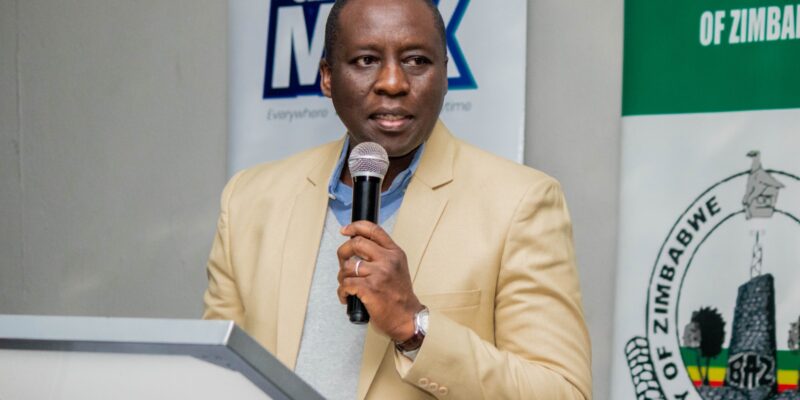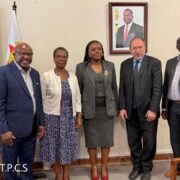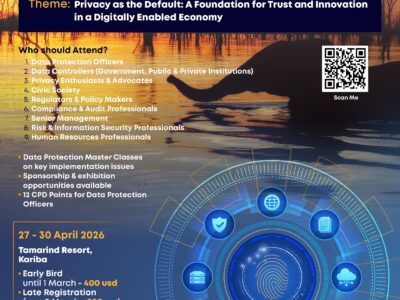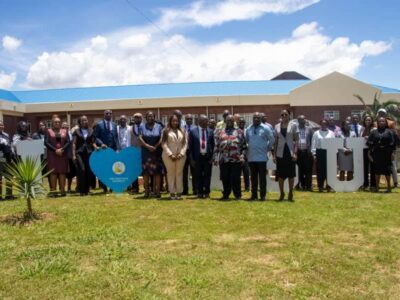Television is standing at a critical crossroads, with UNESCO warning that the future of broadcasting will depend on how quickly the sector embraces innovation, sustainability and digital accountability.
Speaking at the World Television Day, UNESCO ROSA Communication Advisor Yusuph Al-Amini said the broadcasting landscape is shifting at an unprecedented pace, driven by digital technologies, artificial intelligence and evolving audience behaviour.
“Television remains a foundational pillar of national communication, sustainable development and peace-building,” said Al-Amini. “But we must confront the realities of digital transformation, from algorithms to information integrity, and ensure the sector stays accountable.”
By Ruvarashe Gora
The rise of misinformation and the complexities of AI-driven content have intensified the need for stronger media and information literacy. Al-Amini said television continues to play a vital role in promoting critical viewing, protecting information integrity and amplifying diverse cultural voices.
“Television encourages critical reflection, protects freedom of expression and strengthens media literacy in a digital era where algorithms increasingly shape what people see,” he added.
The event highlighted that as digital migration accelerates, Zimbabwe’s broadcasting ecosystem must adopt strategic foresight to remain relevant. Television still commands trust and reach, but its future depends on deeper investment in innovation, digital safety and content quality.
World Television Day provides a crucial space for dialogue among regulators, broadcasters, academia, advertisers and civil society all of whom shape the national media landscape.
“This is an opportunity not just for industry experts to engage among themselves, but to engage citizens the primary consumers of television content,” Al-Amini said. “The impact of digital change is real, both positive and negative, and we must address how these technologies are fundamentally shaping our future.”
UNESCO continues to support African broadcasting systems through policy guidance, digital transformation initiatives, standard-setting tools and capacity-building programmes aimed at strengthening information integrity and safeguarding freedom of expression.
Al-Amini emphasised that almost 30 years after the UN established World Television Day in 1996, the essence of television has not changed. Despite technological disruption, it remains a powerful connector of communities, a driver of cultural identity and a trusted medium for delivering public information.
“Television has changed. Television is still changing. But its power to connect and inform remains intact,” he said. “By working together, the broadcasting sector will take its rightful place in the digital world.”
While the industry faces pressure from digital platforms and shifting consumption habits, UNESCO believes the sector can remain strong but only through sustained innovation, inclusive dialogue and coordinated action from all stakeholders.














Comments